Zero to One
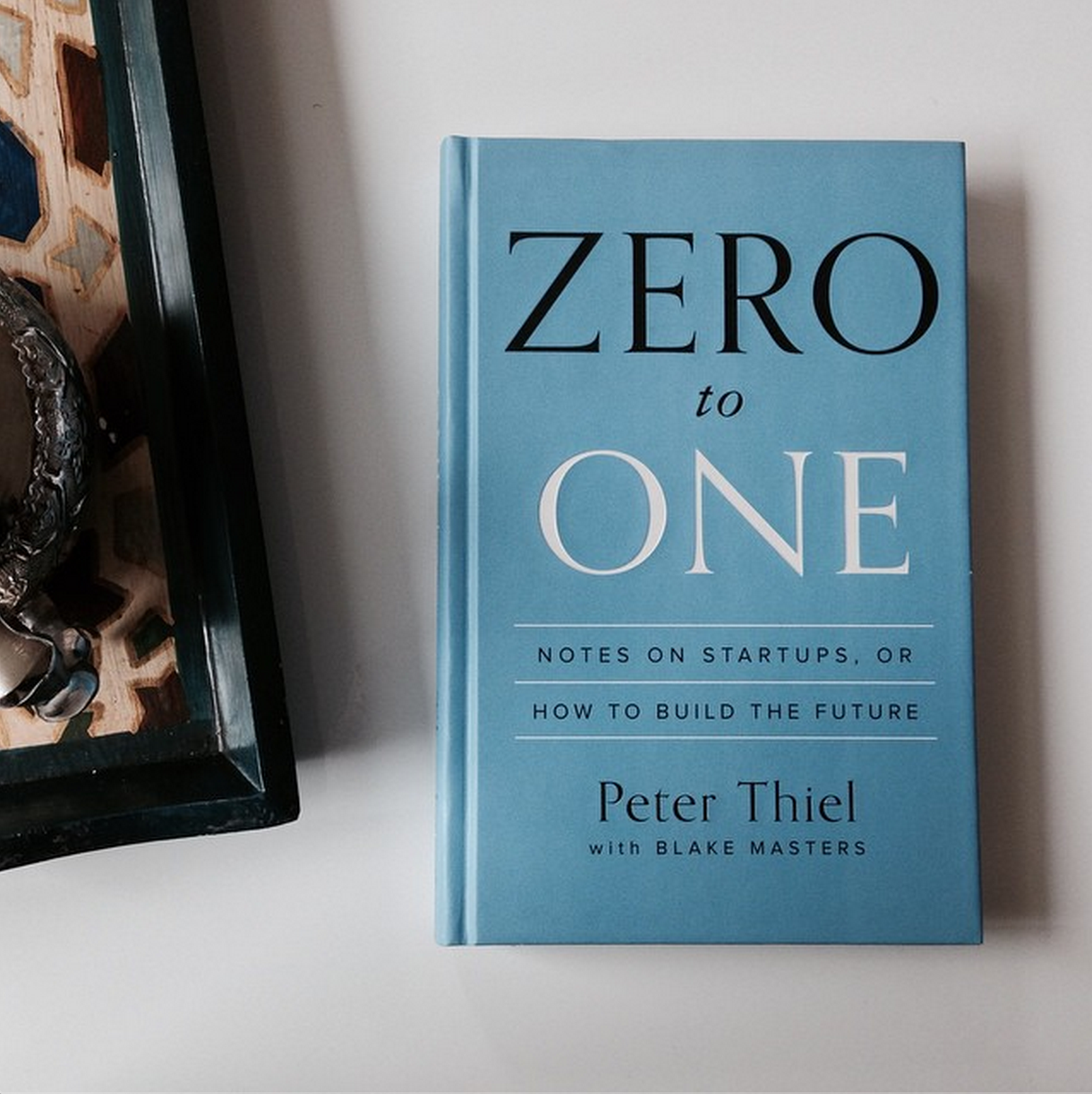
Egypt is welcoming a new wave of young entrepreneurs in various fields, and entrepreneurship is now gaining popularity and public interest from the Egyptian youth. Today, everyone wants to taste career freedom and be an entrepreneur, but does everyone have what it takes to become one? Money and connections aren't everything when it comes to starting your own business; you'll need the basic know-hows and a certain mindset to start your journey of independence and responsibility.
Once you catch the wave, opportunities will be the number of the fish in the sea, but that only comes to who know what it takes to be an entrepreneur.
"Zero to One", a self-help book written by Peter Thiel, doesn't just give basic steps and tips for aspiring entrepreneurs to start their businesses; it encourages innovation over fine-tuning or mere improvement. It states that there are two types of progress; horizontal and vertical progress. Horizontal progress is maintaining the quality of the business or slightly improving it while vertical progress is taking a step ahead and producing something brand new. Thiel makes his concept clear by explaining that "zero to one" is taking a step from nothingness to productivity while taking a step from A-Z is just building on existing ideas, products, and services. Thiel divides his ideas into chapters, each holds one do or don't in the business world along with some warnings and tips:
1. Resources are scarce everywhere in the world, and so globalization cannot be sufficient without technology. Here in Egypt, even technology is scarce, and so we have a long way to go. Very few startups are technology oriented or based in Cairo let alone the rest of the governorates, and so there is little innovation going on in the market. Investing in technology training and tools is the next big thing in Egypt, and no matter how you use technology in your upcoming startup, you will hover above everyone else in your industry.
2. Putting technology aside, we have all learned some basic steps to starting a business, from either books, school, or even some businessmen, and these ideas fall under the "Silicon Valley Mentality"; you should make small but efficient advances, make your business plan flexible to fit any sudden changes, focus on improving your stance among competitors, and care more about products than sales. These steps make sense to most aspiring entrepreneurs and businessmen, but not to Thiel. He believes that tiny, trivial changes will not affect the business drastically no matter how powerful they might seem, and that we should take bold, risky steps instead. He also believes that a business plan is crucial no matter how horrible it is. This is something that many Egyptian entrepreneurs always forget about, because in our society, we can tweak anything to fit the current situation and can find creative ways to make things fit together, but business plans are essential nonetheless to provide a clear picture of where the business is heading and to identify chances and risks.
Thiel hates competition; he highly encourages monopoly and innovation and states that opening an already existing startup will add little value to your company. We also have the same problem in Egypt since many of us are scared to take risks; there are a zillion cupcake and frozen yogurt stores for example, but not one authentic Mexican restaurant. People who want to open that Mexican restaurant are afraid people wouldn't like the cuisine, but they should remember that the first cupcake store founder had the same experience and took the risk anyway. Finally, many people care about the product more than sales, but that's not a problem we have in Egypt. Thiel says that the product should be appealing and should add value to the customers, but it won't sell itself no matter how good it is. If you have an amazing product but don't know how to sell it, then what's the purpose of it all?
3. There are very few monopolies in Egypt, such as the steel company owned by Ahmed Ezz. Most startups are copying other startups with slight tweaking to reach the ultimate goal of the competition. Most industries in Egypt are perfect competitions, and while these companies provide value to their customers, they make very little profits. In a third world country where the money circulating is already too little for heavy duty businesses and more than half the population is uneducated, everyone is afraid of taking the risk of introducing a brand new ideas. Proper research and a team are the only way of guaranteeing a successful business that could one day turn into a monopoly in Egypt.
4. Say you've launched your first startup and want to focus on sales, just like Thiel stated. You can start making profits instantly and even make a huge revenue by the end of the first year, but how is it going to be in 10 years for example? Thinking of the future of your business is crucial, because determining the life span and durability of your company should be determined on qualitative rather than the quantitative basis, and no one can do that but you. You can start by looking at short term profits, but looking through a wider lens is better for detecting issues or opportunities.
5. Making your business durable on the long term requires a strategic plan. You should have appropriate technological tools and information, good networks and popularity, a plan of the sales for longer periods of time, and proper branding for your company
6. We as Egyptians strongly believe in luck and envy and apply these concepts to many aspects of our lives, but not with businesses. Success is never random. No one depends on mere luck to become the next billionaire or to have the most successful monopoly ever; sure, luck might give it a small kick, but hard work is always the main cause of success. Many people consider Steve Jobs or Bill Gates lucky while investors and entrepreneurs consider them absolute geniuses and hard workers.
7. Building a company with no proper foundation is like building a house on unstable grounds; it will collapse in no time. Finding a co-founder and hiring employees is a big deal - you need committed, full-time hard workers. Attracting investors is a good thing, but conflicts may start when the board gets bigger and the arguments start - it should ideally consist of 3-5 people to minimize conflicts. All individuals in the company should have some sort of chemistry between them since business relations are too similar to normal social relations. You should not look for the most talented person; you should instead look for someone with the same mission and who shares the same goals and interests as you and your employees, because this employee will better contribute to the company than any talented but uninterested employee. Many Egyptians cannot identify the fine line between professionalism and kindness or affection, and would hire their siblings or cousins just because they're unemployed or because their family wants them to work together for example. These staff combinations disregard the employees', owners', and founders' fatal differences and could lead to disasters.
8. Advertising is essential to any company's growth, but TV and newspaper ads are still not the answer. You should not be obvious when advertising for your product, and the idea should not be bluntly stated. Branding your product and working on a long-term viral marketing plan can increase profits and make your company more durable in the future.
9. As we all know, globalization is nothing without technology. But technology alone still won't achieve a 100 percent. Machines and computers may be extremely smart, but they can't think critically or make holistic judgments for example. A good combination of machinery and humans will produce excellent results. This combination would work amazingly in Egypt and especially the governorates since many young people there are gaining more awareness of the market and are trying to gain skills in different fields.
In Cairo, most undergraduates only depend on their graduation certificate to find a job with no experience.
10. Thiel lists 7 questions that every startup should try to answer before launching: are you using new technology or just basic improvements? Is it the right time? ? 3) Are you starting with a big share of a small market? 4) Do you have the right staff? 5) Do you have a plan or strategy to deliver the product? 6) Will your market position be defensible in the future? 7) Have you identified a niche or unique opportunity that others don’t see? These answers shall create a clear outline of where the company will be heading and will highlight unique opportunities.
The future is the scariest thing when opening a startup, and working for it with this fear in mind is the only way to tackle it. Some talented businessmen can predict the future, but how long can they predict a business' future and how accurate can they be? The only way to guarantee a fail-proof startup is to start working and planning now and keep the consequences in mind at all times.





















































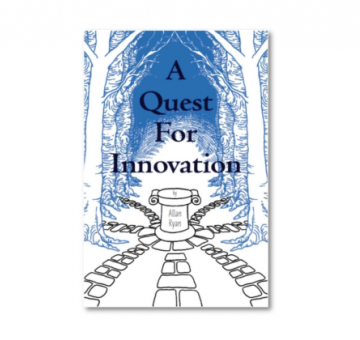
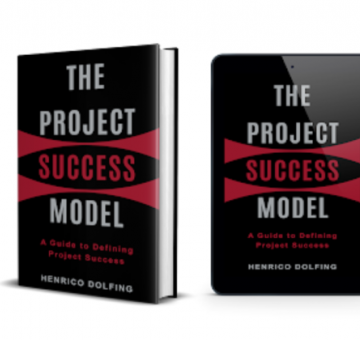
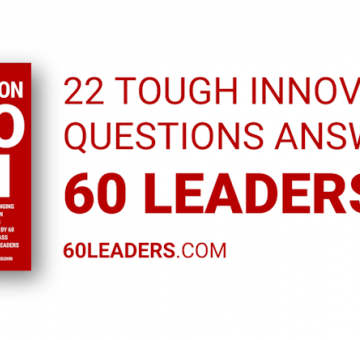







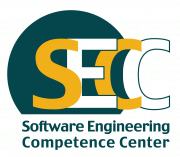






EgyptInnovate site is not responsible for the content of the comments